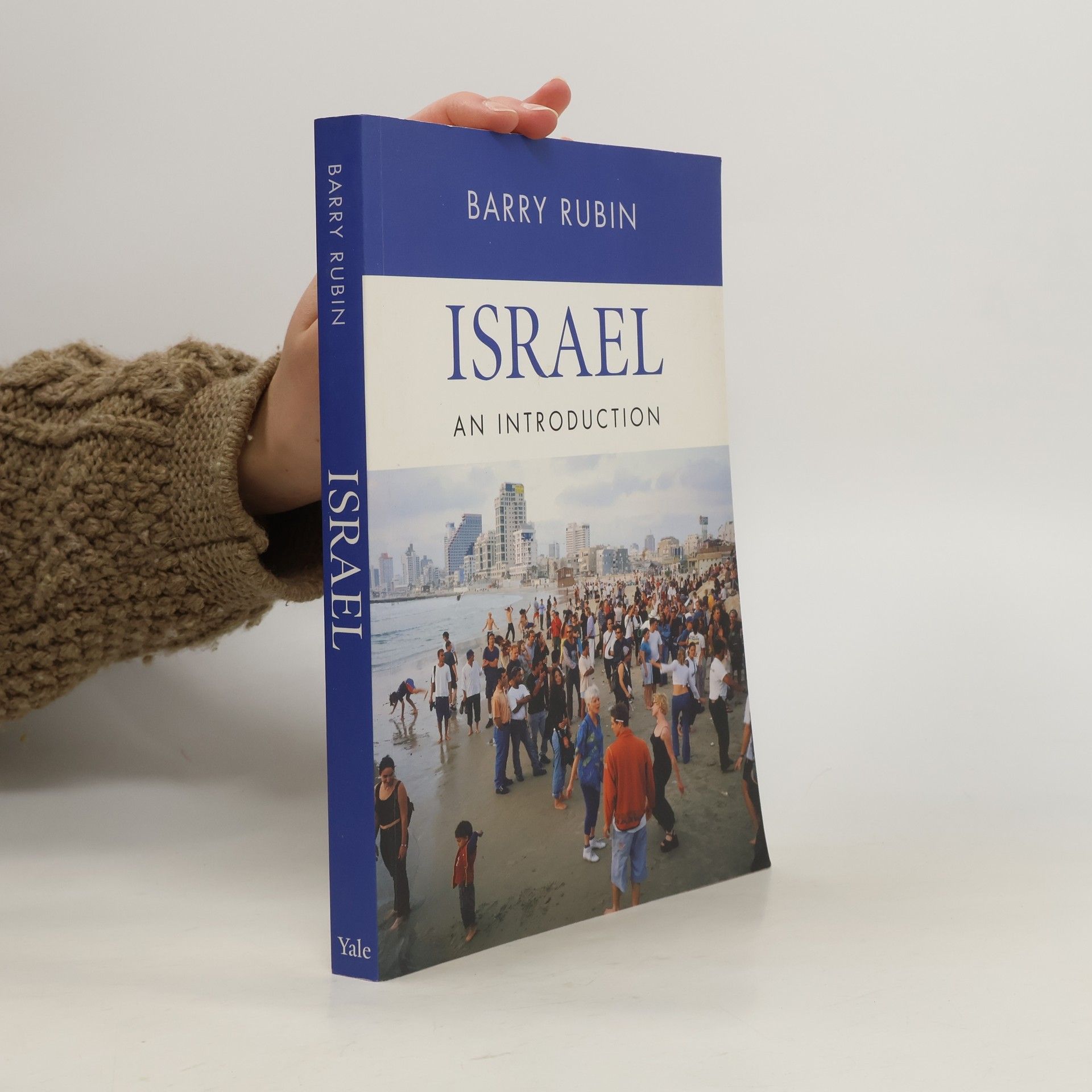This comprehensive book provides a well-rounded introduction to Israel—a definitive account of the nation's past, its often controversial present, and much more. Written by a leading historian of the Middle East, Israel is organized around six major themes: land and people, history, society, politics, economics, and culture. The only available volume to offer such a complete account, this book is written for general readers and students who may have little background knowledge of this nation or its rich culture. Based on research by scholars with extensive firsthand knowledge of Israel, this book offers accessible, clearly explained material, enhanced with a generous selection of images, maps, charts, tables, graphs, and sidebars. This book provides readers with a solid foundation of knowledge about Israel and provides useful reference lists by topic for those inspired to read further.
Barry M. Rubin Livres
28 janvier 1950 – 3 février 2014
Barry Rubin était un expert américano-israélien du terrorisme et des affaires du Moyen-Orient. Son expertise s'est concentrée sur la sécurité mondiale et les relations internationales. En tant que directeur du Centre de recherche mondial sur les affaires internationales (GLORIA) et rédacteur en chef du Middle East Review of International Affairs (MERIA), il a contribué à une compréhension plus approfondie des questions complexes du Moyen-Orient.


The Middle East in the Age of Uncertainty, 1991-Present
- 80pages
- 3 heures de lecture
Examines the history of the Middle East after the Gulf War and explains why hoped for political, social, and economic reforms never happened.